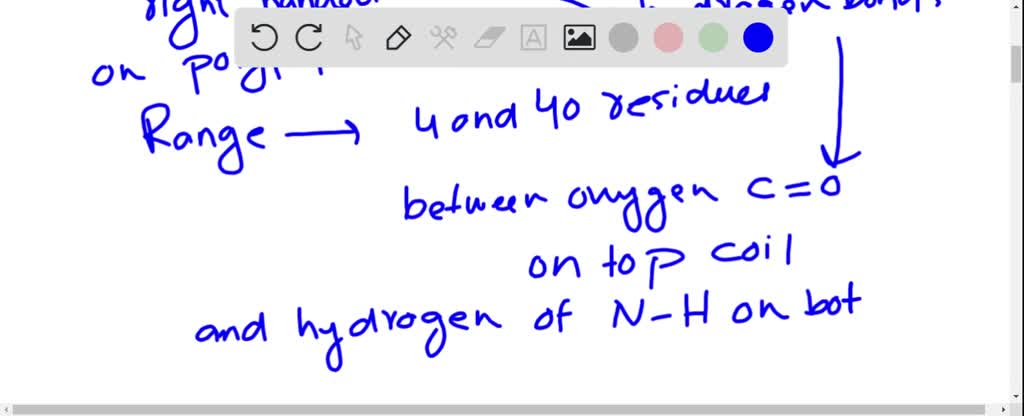
It’d be much more useful if you could practice this conversation with someone else. Now is time to put your knowledge to use.īelow are two situations that could arise in the real world. You already have good tools to engage in conversation effectively and to make an appointment in English. You don’t have to explain yourself at length, just try to arrange the date for the next meeting. If you use language that is too informal, you may lose a work or business opportunity. It’s a formal language and, if you use it well, you’ll have overcome a great obstacle. You can already see that there is a specific language for booking appointments and meetings in English.
#Why doesnt bunni how we first met work free#
Would you be free to meet early next week? I’m afraid that I have to cancel our meeting on Wednesday as something unexpected has come up. Would it be possible to arrange another time later in the week? Unfortunately, due to some unforeseen business, I will be unable to keep our appointment for tomorrow afternoon. Now you’ll have to arrange a new meeting: You must contact them again and apologise! Ouch! Okay. But…now it turns out that an unforeseen event has occurred and you can’t attend.

The other person understood every sentence and now you have an appointment. You made that call (or wrote those messages) and everything was working out perfectly. You’re going to book your appointment without any problems!Įverything was going so well. It seems like everything’s going smoothly. There are plenty of options to choose from. Look at the following examples:Īre you available on Monday? Are you available next Monday?Īre you free on Tuesday? Are you free next Tuesday?Ĭan we meet on Wednesday? Can we meet next Wednesday? Now you must agree on the most convenient day and time for both parties. – I’m afraid she’s in a meeting, but I can leave her a message. If the person is unavailable, you may hear the following: – I’d like to arrange a meeting with Doctor Johnson. – I would like to arrange an appointment to see her. I am calling from .uk and would like to set up an interview with you.

I’m calling on behalf of Dr Adams and would like to arrange an appointment with Mr Edward Jackson. Now you’ll have to express the purpose for your call: I am calling from .uk and would like to speak with Dr Collins. If you are calling on behalf of a company or on someone else’s behalf, you must introduce yourself first and then make the request: I’d like to arrange an appointment with Dr Merissa, please. – Good morning, this is Michael Smith calling. – Hello! Can I speak to Dr Merissa, please? You don’t waste time beating around the bush (talking about other things without deciding anything).īe sure to briefly greet the person who answers and ask for the person you wish to speak with: The most important thing is to use concrete language and get to the point. You feel nervous because you don’t want to say something inappropriate, make a mistake, or waste the other person’s time.ĭon’t worry. You need to arrange a meeting in English with a potential client and have to either call them or write a message using a chat application. Let’s say that you live in a busy city like New York or London. Remember that there is also the informal date in English, which is primarily an outing with friends or also with a romantic purpose.
#Why doesnt bunni how we first met work professional#
In this post, we’ll talk about formal appointments, which have a professional character and aim to conduct business or to provide a professional service. Would you like to know the most useful expressions to communicate appropriately when making an appointment in English? You’ve come to the right place.


We make appointments for many different reasons: to go to the doctor, to apply for a visa, to arrange a business meeting, and for job interviews, among others.


 0 kommentar(er)
0 kommentar(er)
